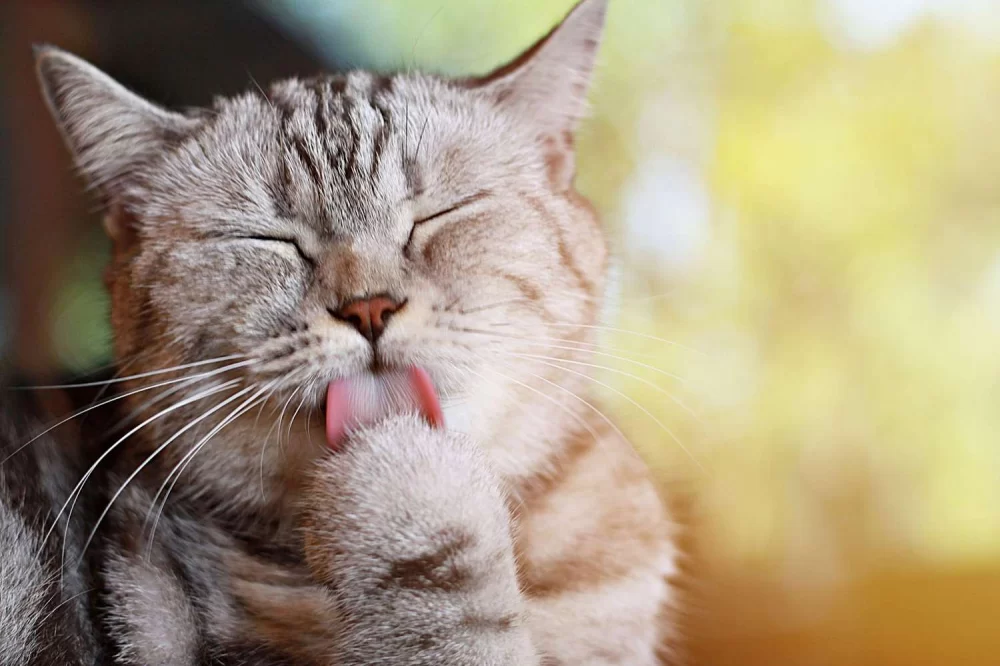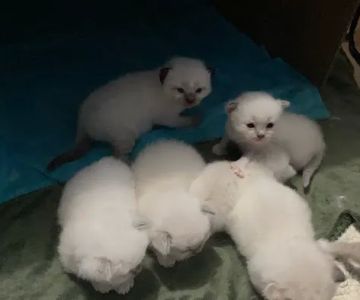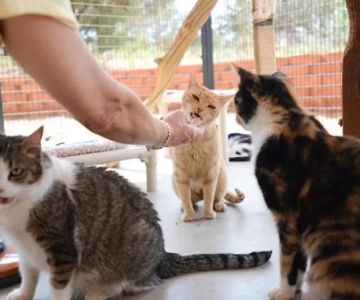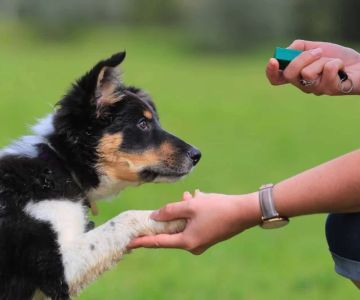Why Do Cats Lick Themselves?
If you’ve ever watched your cat licking their fur, you’ve probably wondered why they spend so much time grooming themselves. Cats are meticulous creatures, and licking is one of their primary ways of taking care of their bodies. While the act of licking may seem like a simple grooming behavior, there are actually several reasons why cats lick themselves, some of which are more than just about cleanliness. Let’s explore the many reasons behind this common cat behavior.
1. Grooming and Hygiene
One of the most common reasons cats lick themselves is for grooming purposes. Cats are naturally clean animals, and licking helps them keep their fur clean, remove dirt, and regulate their body temperature. When cats lick their fur, they spread saliva across their coat, which helps to remove loose fur and other debris. This grooming process also stimulates the skin, helping to distribute natural oils that keep their coat shiny and soft.
Self-grooming is essential for cats because it plays a role in keeping them healthy. A clean coat prevents matting and tangling, which can be uncomfortable and even cause skin problems if left untreated.
2. Stress Relief and Comfort
For many cats, licking serves as a way to self-soothe and relieve stress or anxiety. Just like how some humans bite their nails or fidget when they are nervous, cats may lick themselves as a way to calm down in stressful situations. If a cat feels threatened, bored, or anxious, they may engage in excessive licking as a form of comfort.
Some cats also lick to cope with changes in their environment, such as moving to a new home, the arrival of a new pet, or changes in their daily routine. Cats are creatures of habit, and disruptions to their routine can lead to anxiety and behavioral changes, including excessive licking.
3. Marking Territory
Cats have scent glands located on their face, paws, and even in their saliva. When a cat licks itself, it may be marking its territory. This is a behavior that stems from their wild ancestors. In the wild, cats use their scent to communicate with other cats and establish territory. Domestic cats still retain this instinct to some extent, and licking can serve as a way of marking their own scent on their fur.
While this behavior is less about physical territory in the home, it is still an instinctual part of their social communication. When a cat licks its body, they are reaffirming their ownership and marking themselves with their unique scent.
4. Health Concerns and Irritation
Excessive licking can sometimes indicate an underlying health problem. If a cat is licking a particular area of its body more than usual, it may be a sign of discomfort or irritation. Cats often lick excessively when they have allergies, skin infections, or parasites like fleas. Licking can also occur if a cat is experiencing joint pain or has an injury that causes discomfort.
If you notice your cat licking a specific area repeatedly or if the licking is accompanied by hair loss, redness, sores, or scabs, it’s important to consult your veterinarian. Persistent licking can lead to further skin irritation and may be a sign of a more serious health issue that requires attention.
5. Boredom
Sometimes, cats lick themselves out of boredom. If they are left alone for long periods of time without stimulation, they may resort to licking as a way to pass the time. Cats need mental and physical stimulation to stay happy and healthy. Lack of interaction, playtime, or enrichment activities can lead to unwanted behaviors, including excessive licking.
Providing your cat with toys, scratching posts, and interactive play sessions can help prevent boredom and redirect their licking behavior to more positive outlets.
6. After Meals or Sleeping
Another common reason for licking is a natural behavior following meals or after a nap. Cats may lick themselves to clean off any food particles that may have stuck to their fur during their meal. Similarly, after waking up from a nap, cats may lick themselves as a part of their usual routine to refresh and tidy up before getting back to their daily activities.
Conclusion
While licking is a natural and healthy behavior for cats, excessive or compulsive licking can be a sign of stress, boredom, or health problems. Understanding why your cat licks themselves is essential in providing the right care and addressing any potential concerns. If your cat’s licking seems excessive or is accompanied by other unusual behaviors, it’s best to consult with a veterinarian to rule out any health issues.
Overall, licking serves many purposes for cats, from grooming to stress relief to communication. By observing your cat’s behavior, you can better understand their needs and ensure they remain happy and healthy.












